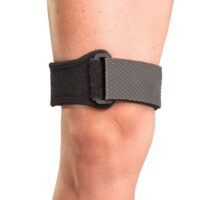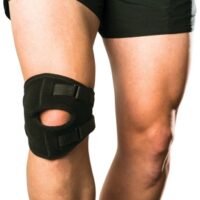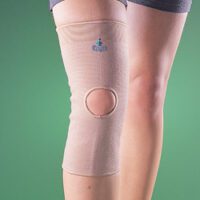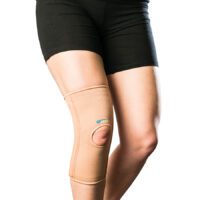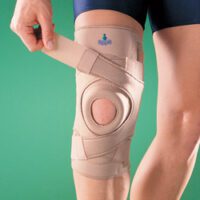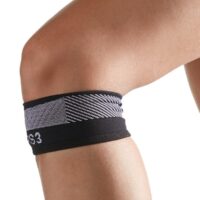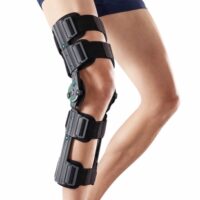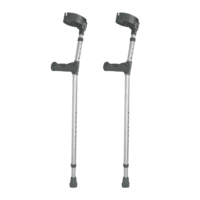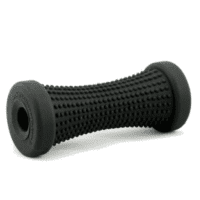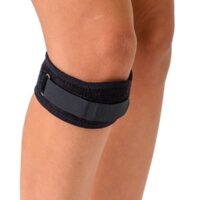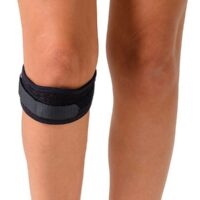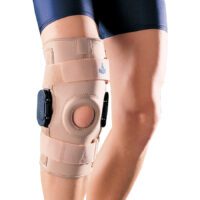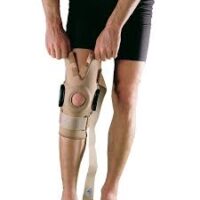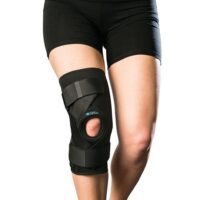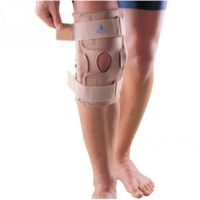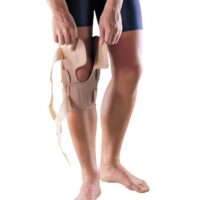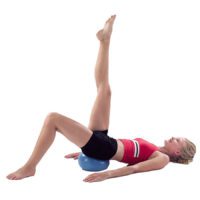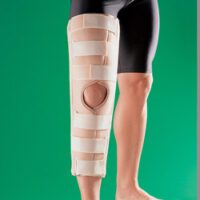Walking Strategies for Knee Pain: A Physiotherapist’s Guide
Knee pain can significantly impact your daily activities, especially when it comes to walking. But how should you manage walking if you’re experiencing knee pain? As physiotherapists, we encounter this question frequently and have some insights to share.
Understanding Knee Pain and Walking
In managing knee pain, particularly when it comes to walking, it’s crucial to tailor your approach based on the type and severity of the pain. This understanding is the key to effective pain management and recovery.
- Dealing with Acute Knee Pain: Often linked to recent injuries, acute knee pain might present with swelling, instability, or symptoms like clicking or locking of the knee. If you’re experiencing these signs, limit your walking and seek a professional assessment without delay.
- Handling Chronic or Intermittent Pain: Chronic knee pain requires a different strategy. Avoiding activity due to discomfort can lead to weaker muscles and joints, potentially worsening the pain. In such cases, engaging in regular, moderate walking is beneficial, but overexertion should be avoided.
Optimal Walking Practices
If you can walk without increased discomfort, here are some tips:
- Limit your walking distance and pace.
- Avoid challenging terrains like hills and uneven surfaces initially.
- Consider walking loops to stay close to home.
- Monitor for any post-walk swelling or pain increase.
Effective Walking Strategies for Knee Pain
- Ease into Walking: Start with short distances at a slow pace.
- Opt for Gentle Terrains: Initially, avoid hills and uneven surfaces.
- Keep Walks Local: Choose routes close to your home.
- Watch for Body Reactions: Be alert to any increase in pain or swelling after walking.
- Manage Your Weight: Lighten the load on your knees during walks. Pool walking can be a great alternative for exercise.
Knee Pain Types and Walking Adjustments
- Structural Knee Pain: This pain, stemming from damage to the knee’s structure, can worsen with too much walking. Limiting walking or using supports such as braces may be necessary.
- Mechanical/Muscular Knee Pain: Usually caused by muscle injuries or imbalances, some walking is beneficial for maintaining muscle strength. However, it’s important not to strain the muscles excessively.
Seeking Professional Advice
No matter the type of pain, consulting a physiotherapist is crucial. They can:
- Diagnose the cause of your knee pain accurately.
- Recommend the appropriate level and type of walking.
- Develop a customised walking programme, gradually increasing intensity as your condition improves.
Conclusion
Both articles stress the significance of understanding your knee pain type and adjusting your walking habits to suit. For a safe and effective recovery, professional advice is key. For more detailed guidance and treatment options, booking an appointment with a PhysioWorks physiotherapist is advisable.






